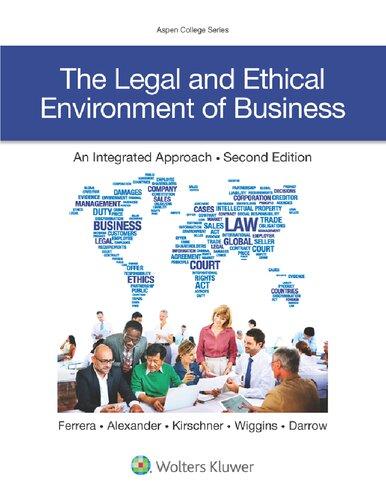A state legislature is concerned about the increasing number of individuals driving under the influence of alcohol,
Question:
A state legislature is concerned about the increasing number of individuals driving under the influence of alcohol, and it decides that one way to address this public safety concern and discourage alcohol consumption in the state is to prohibit any advertisements for alcohol that include pricing information. The price-advertising ban is put into place despite opposition from liquor retailers. One liquor retailer, LiquorLicense, creatively tries to get around this restriction by placing an ad in the paper that includes pictures of vodka and rum but does not include any price information for those items; rather, the ad just says “Wow.” Also in the advertisements are pictures of various kinds of chips and pretzels, each with corresponding low sale prices for those items included in the ad. The state liquor authority fines LiquorLicense $400 for the ad on the grounds that the tone of the ad suggests that the store’s prices for the liquor are low. In response, LiquorLicense files a complaint in the U.S. District Court alleging, among other things, that the advertising restriction violates the First Amendment. You are the judge in the case. What factors will you take into account in determining whether the advertising restriction violates the First Amendment? How will you rule?
Step by Step Answer:

The Legal And Ethical Environment Of Business
ISBN: 9781454893028
2nd Edition
Authors: Gerald R. Ferrera, Mystica M. Alexander, William P. Wiggins, Cheryl Kirschner, Jonathan J. Darrow





